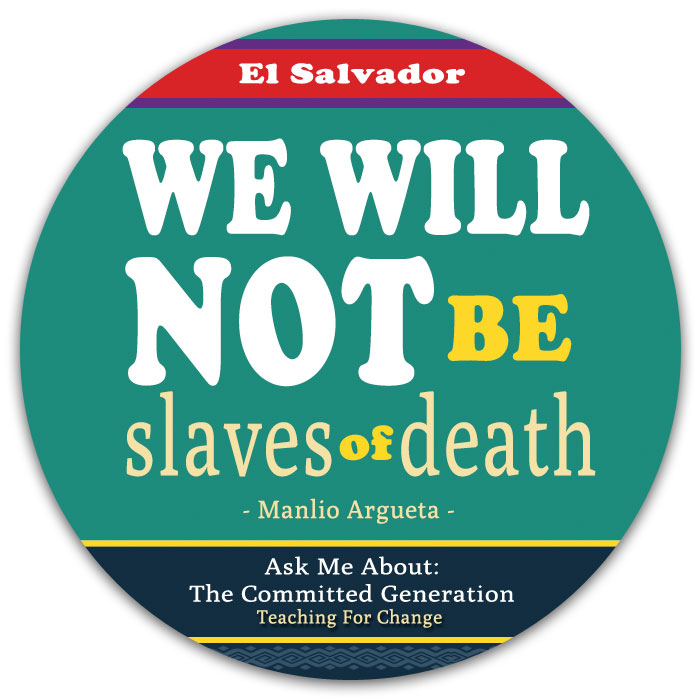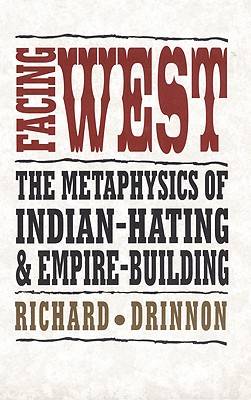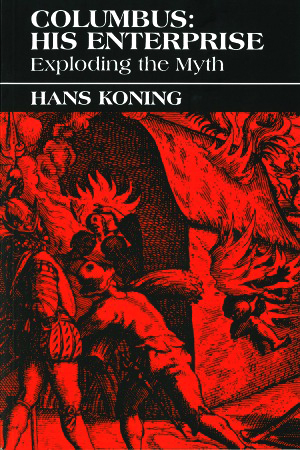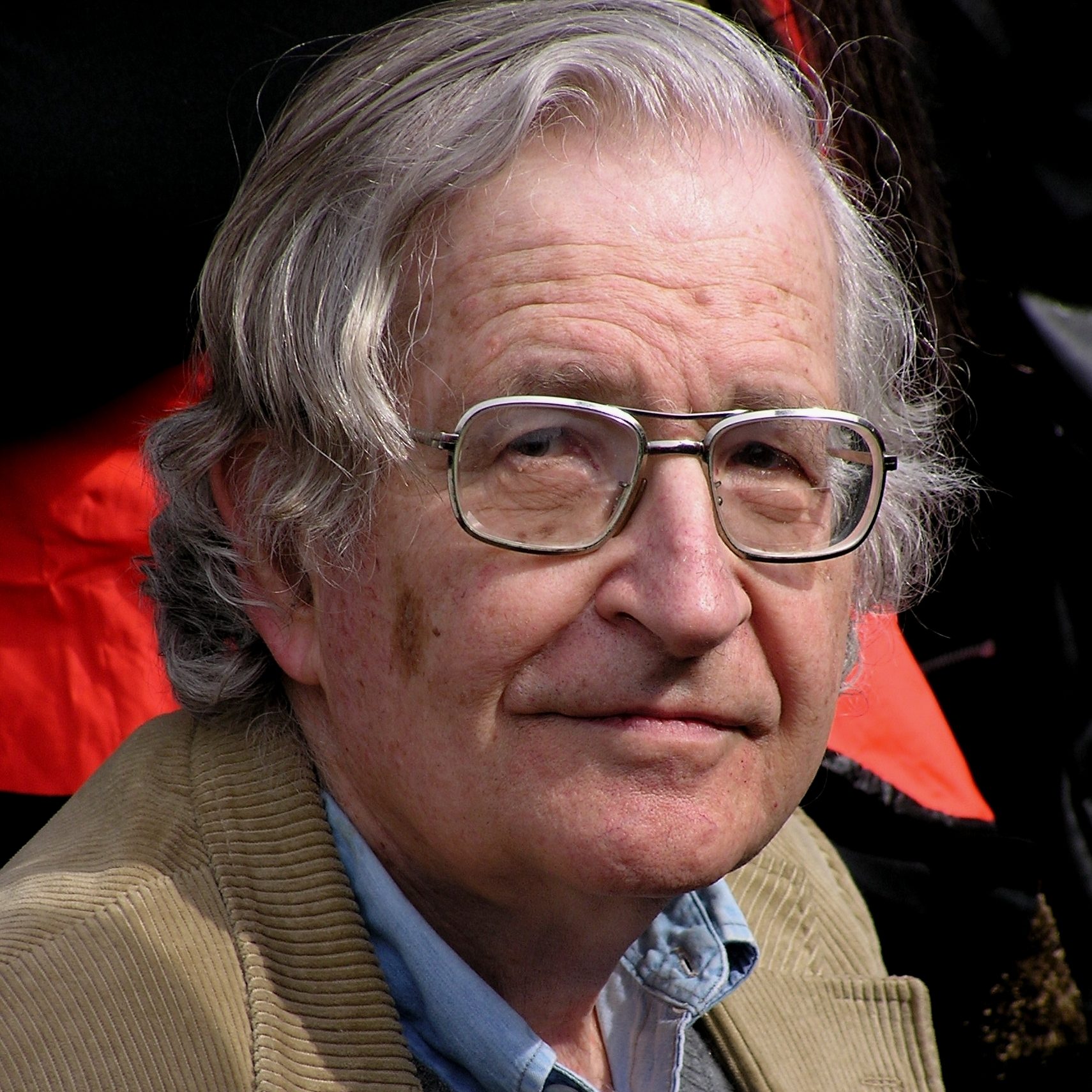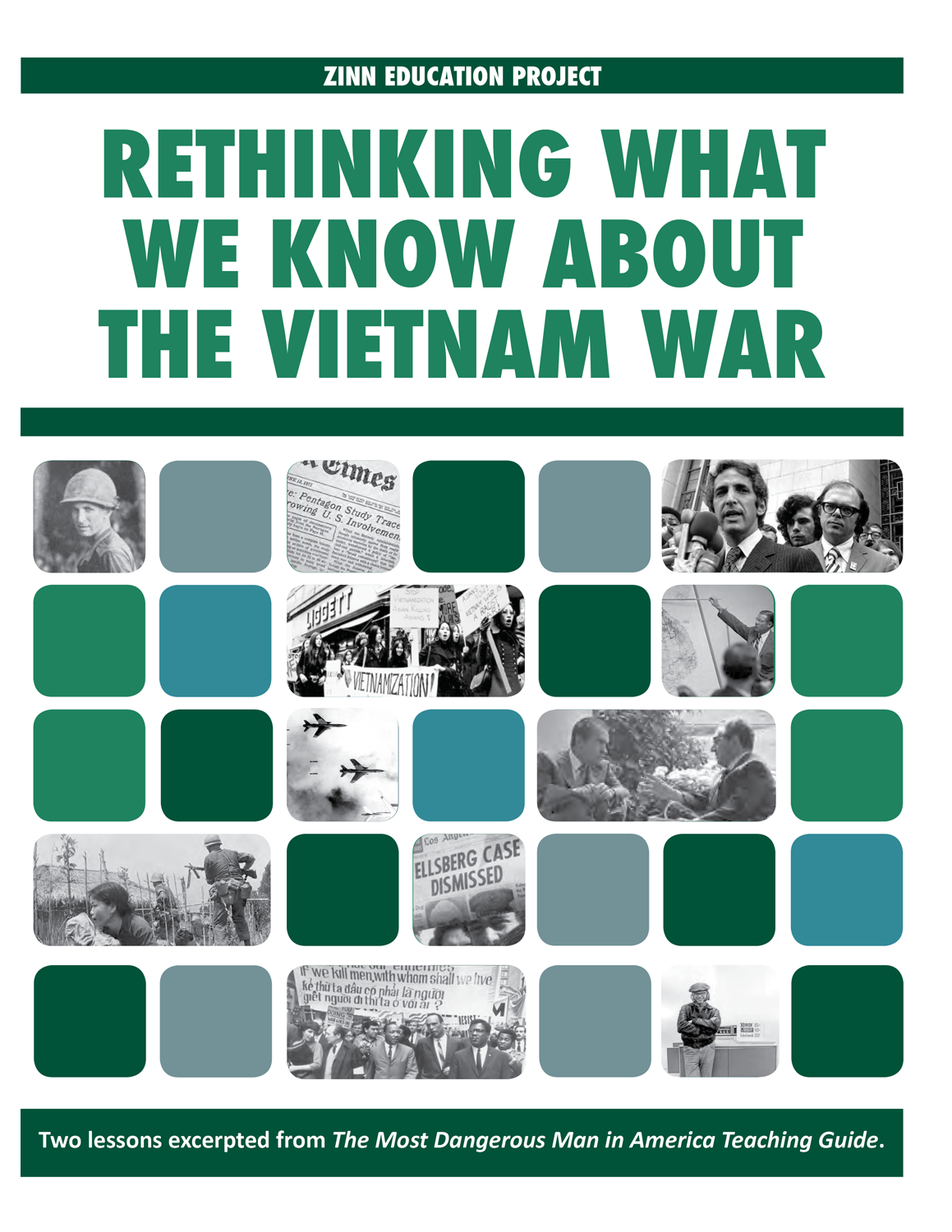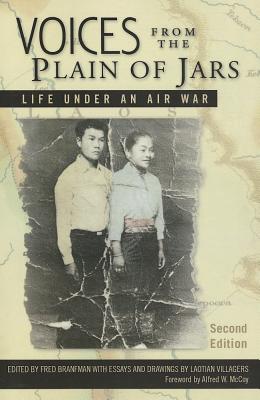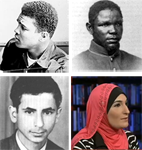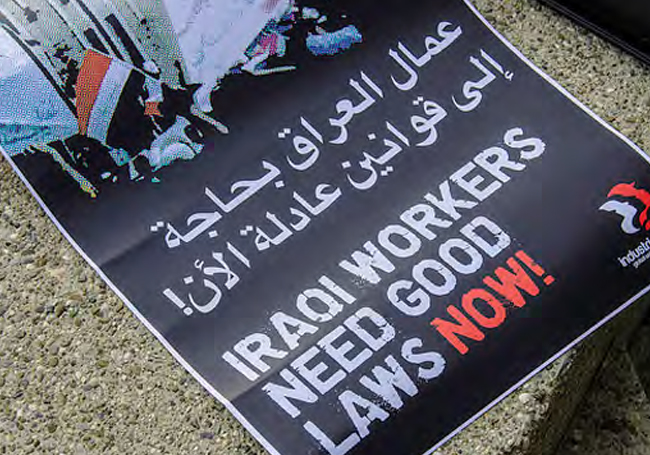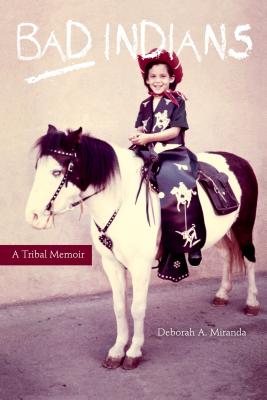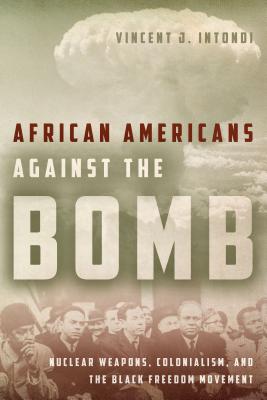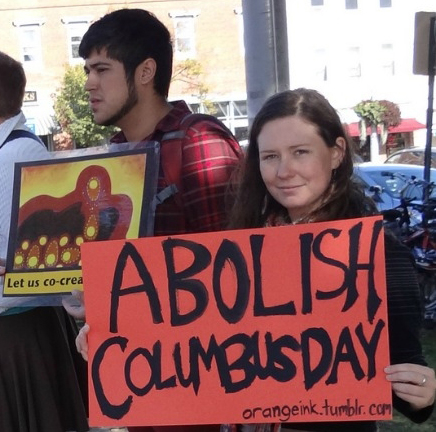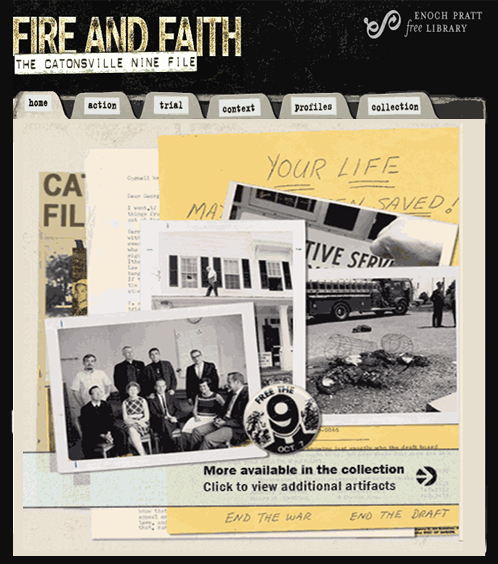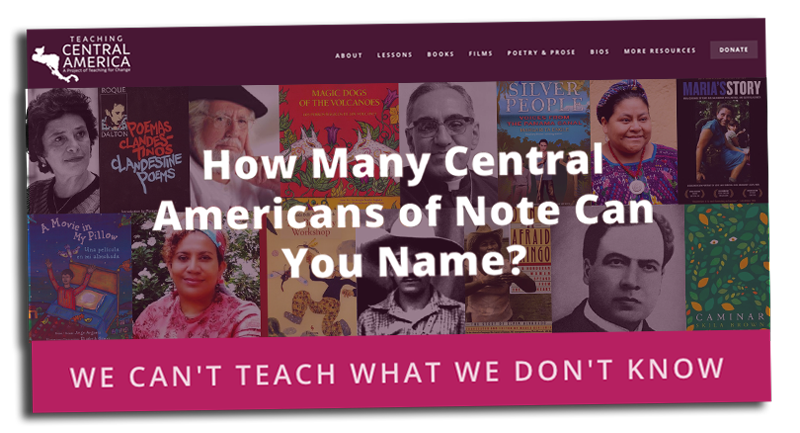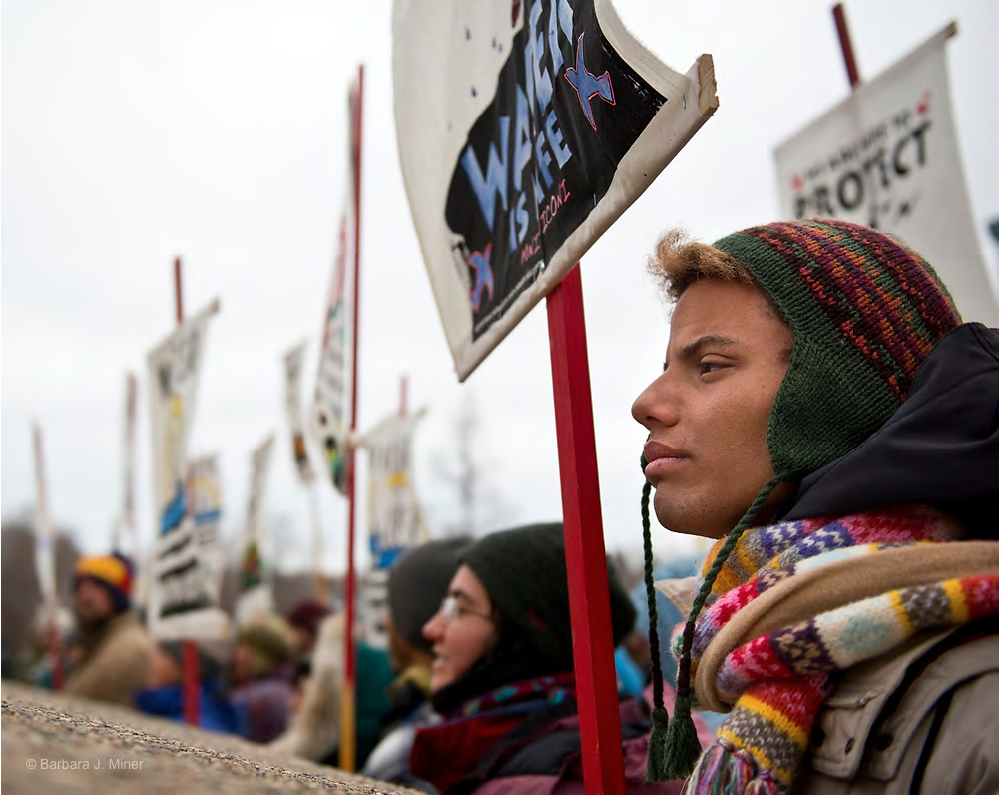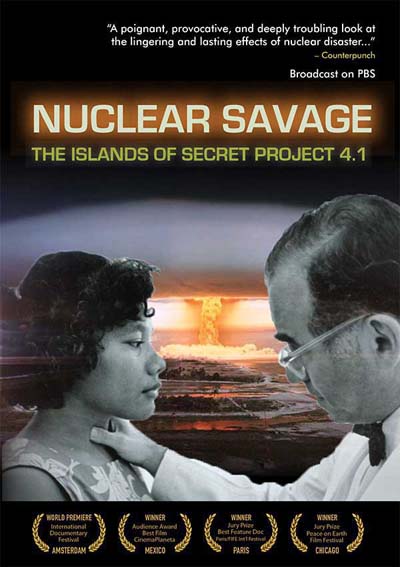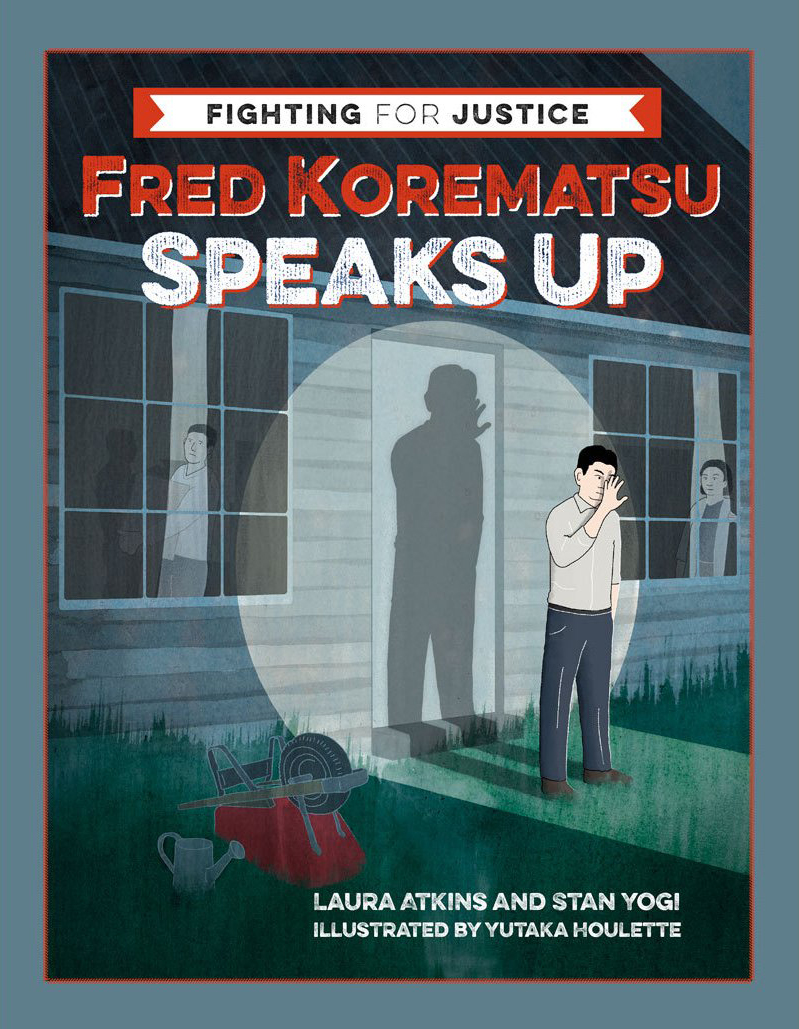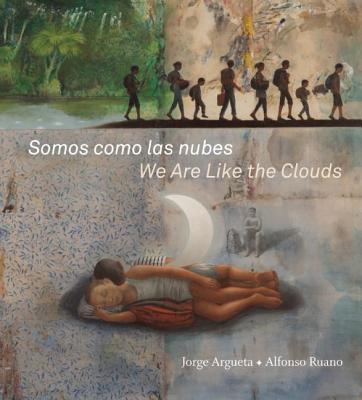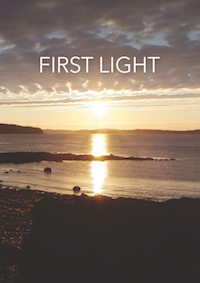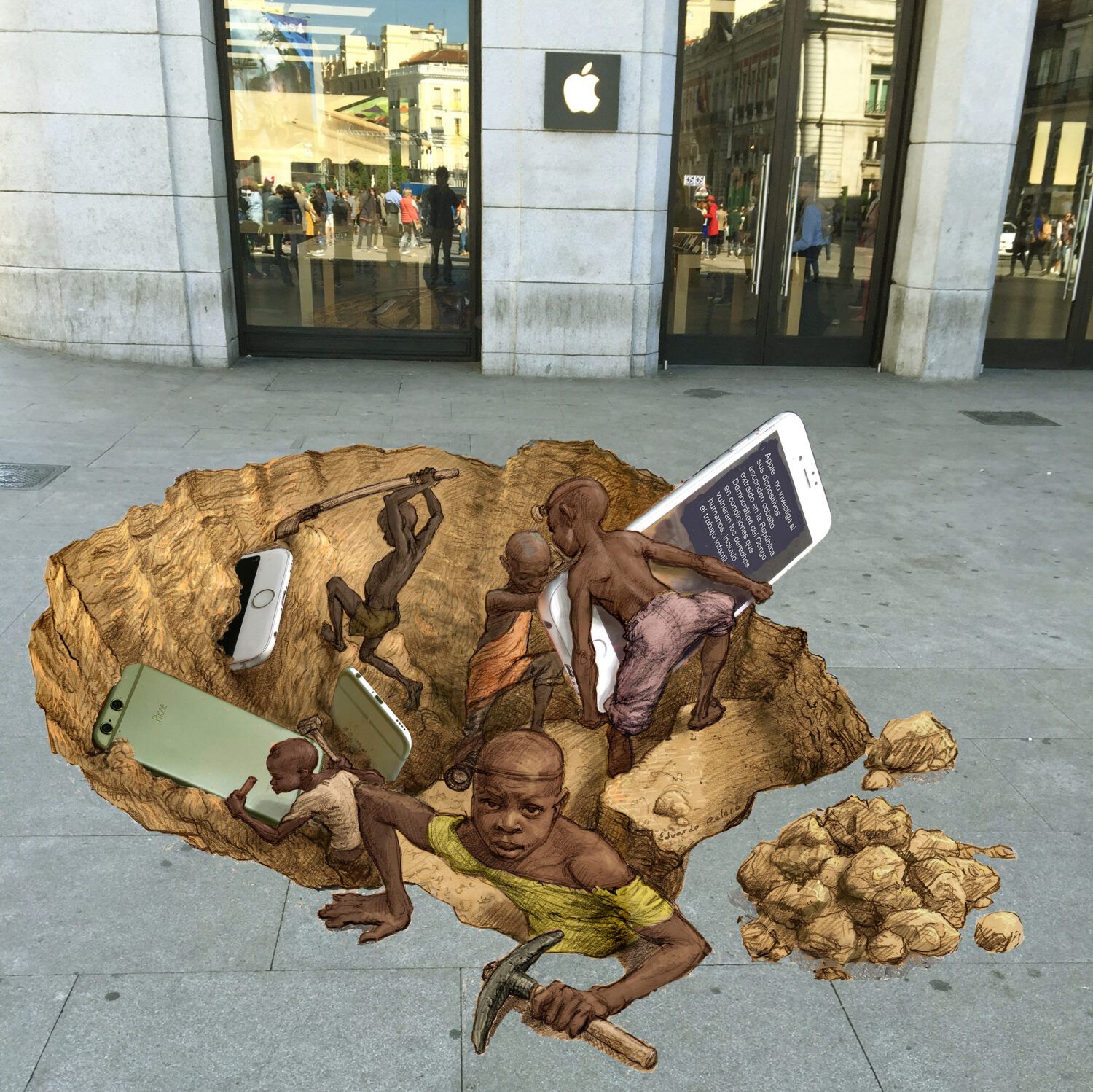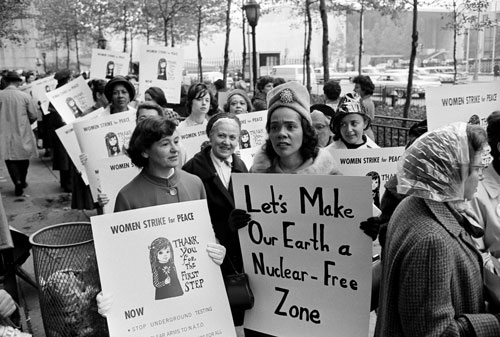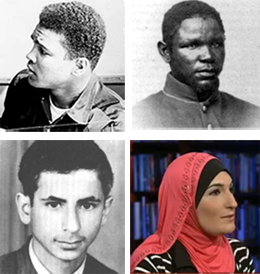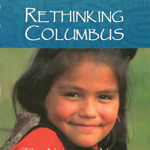Book — Non-fiction. By John Booth, Christine Wade, and Thomas Walker. 2014. 374 pages.
A primer on the history of Costa Rica, Nicaragua, El Salvador, Guatemala, and Honduras.
Continue reading
Article. By Manlio Argueta. From Cuzcatlán, Donde bate la mar del sur.
An excerpt from a novel of historical fiction about the impact of an export economy on peasants in El Salvador.
Continue reading
Book — Non-fiction. By Oliver Stone and Peter Kuznick. 2012. 784 pages.
Challenge the prevailing orthodoxies of traditional history books in this look at the U.S. history of empire building.
Continue reading
Book — Non-fiction. By Richard Drinnon. 1997.
History of American expansion and the infliction of repression and racist tactics on the communities.
Continue reading
Book — Non-fiction. By Hans Koning. Afterword by Bill Bigelow. 1976. 141 pages.
A biography that gives a true account of Columbus’ life and voyages.
Continue reading
Profile.
Noam Chomsky (born December 7, 1928) is a political activist, professor, linguist, and author.
Continue reading
Teaching Activity. Zinn Education Project. 21 pages.
Two lessons to introduce key facts about the Vietnam War and the Pentagon Papers, documents that provide essential history that is often ignored by textbooks.
Continue reading
Book — Non-fiction. Edited by Fred Branfman. 2013 (original edition, 1972). 196 pages.
Essays, drawings, and poems by Laotian villagers who survived almost 10 years of widespread, persistent, and devastating bombing during the Vietnam War in a covert operation in Laos.
Continue reading
Article. By Alison Kysia. 2014. If We Knew Our History Series.
Although the dominant media—including our schools’ curriculum—perpetuate stereotypes, history shows Muslims in the Americas have fought for social justice since the 15th century.
Continue reading
Teaching Activity. By Adam Sanchez. Rethinking Schools. 14 pages.
A role play investigating the economic consequences of the U.S. occupation of Iraq.
Continue reading
Teaching Activity. By Adam Sanchez. Rethinking Schools. 12 pages.
A trial role play asks students to question the role played by the U.S. government and other international actors in the 2010 earthquake.
Continue reading
Book — Non-fiction and prose. Deborah A. Miranda. 2012. 240 pages.
A compilation of documents, photos, and memoir that recounts the establishment of missions in California and the impact on Indigenous people—then and today.
Continue reading
Book — Non-fiction. By Vincent Intondi. 2015. 224 pages.
History of Black activists who fought for nuclear disarmament.
Teaching Activity by Vincent Intondi
Continue reading
Article. By Bill Bigelow. 2015. If We Knew Our History Series.
When the school curriculum celebrates Columbus, children are taught that it’s OK for white people to rule over peoples of color and that militarily powerful nations can bully weaker nations. By his own account, Columbus enslaved people, destroyed cultures, and terrorized those who challenged his rule. It’s time to abolish Columbus Day.
Continue reading
Digital collection. Features documents, photos, and audio and video accounts about the Catonsville Nine who burned Vietnam war draft files.
Continue reading
Website.
An online collection of lessons, book lists, biographies of noted historical figures, and readings for free use by classroom teachers.
Continue reading
Teaching Activity. By Ursula Wolfe-Rocca, Bill Bigelow, and Andrew Duden. Article by Ursula Wolfe-Rocca. Rethinking Schools. 15 pages.
A role play helps students recognize the issues at stake in the historic struggle of the Standing Rock Sioux to block construction of the Dakota Access oil pipeline.
Continue reading
Film. By Adam Jonas Horowitz. 2012. 60 and 87 minutes.
History of the U.S. government's testing of nuclear weapons and fallout on the people of the Marshall Islands.
Continue reading
Book — Non-fiction. By Laura Atkins and Stan Yogi. Illustrated by Yutaka Houlette. 2017. 112 pages.
Story of Fred Koretmatsu, jailed for resisting internment by the U.S. government during WWII. He took his case to the U.S. Supreme Court twice.
Continue reading
Picture book. By Jorge Argueta. Illustrated by Alfonso Ruano. 2016. 36 pages.
Poems written in Spanish and English address the struggles of child refugees fleeing Central America for the United States. Grade 2+.
Continue reading
Film. By Upstander Project. 2015. 13 minutes.
Story of forced removal of Native American children in Maine sent to boarding schools.
Continue reading
Teaching Activity. By Alison Kysia. 28 pages.
In this lesson, students learn about the colonial history of Congo, debate responsibility for crimes against humanity, and investigate the connection, past and present, between the exploitation of natural resources and violence.
Continue reading


